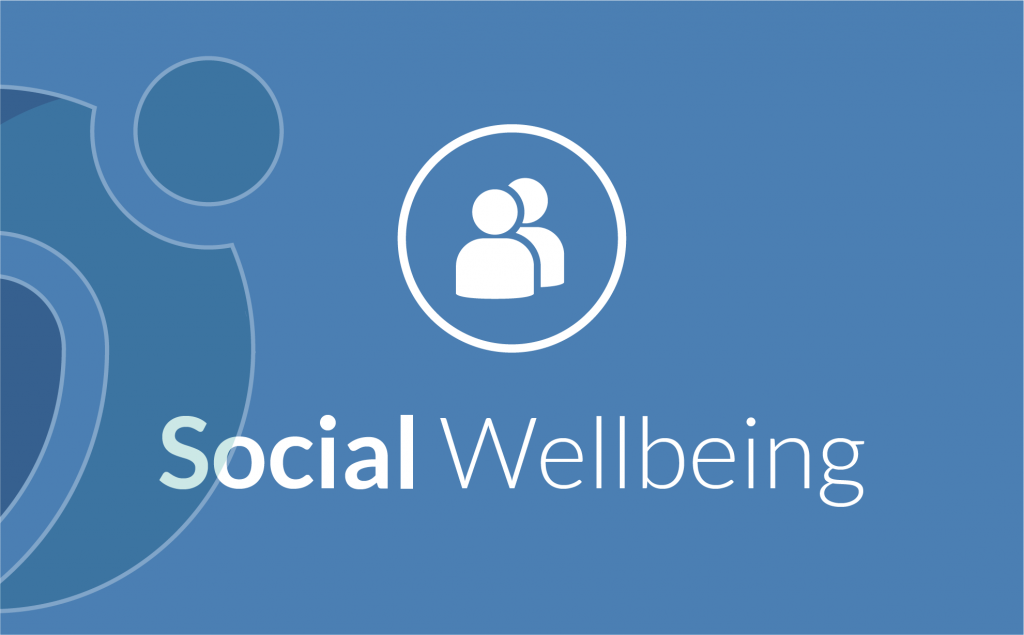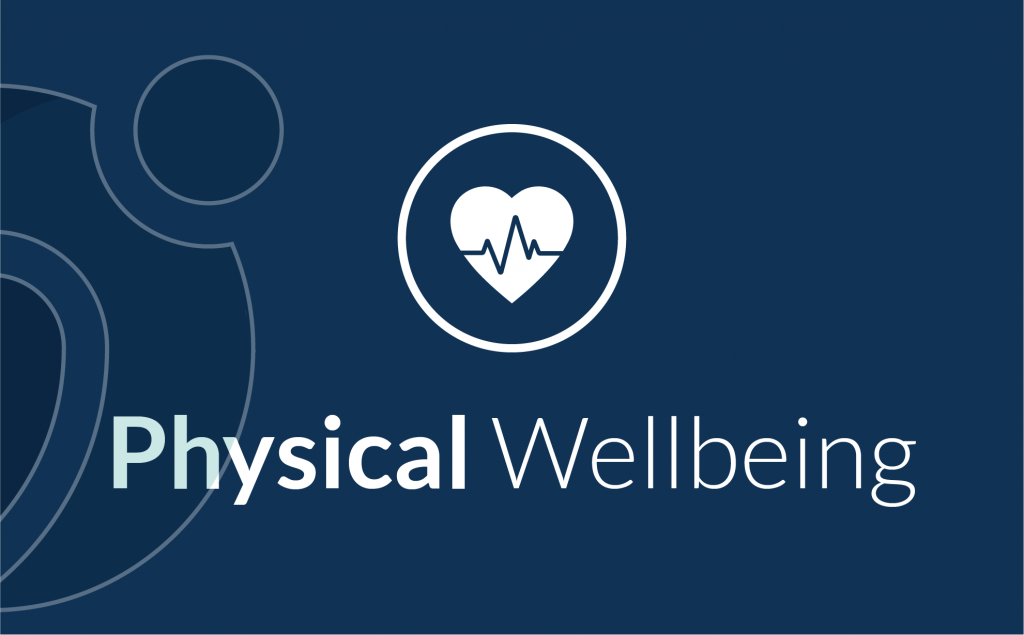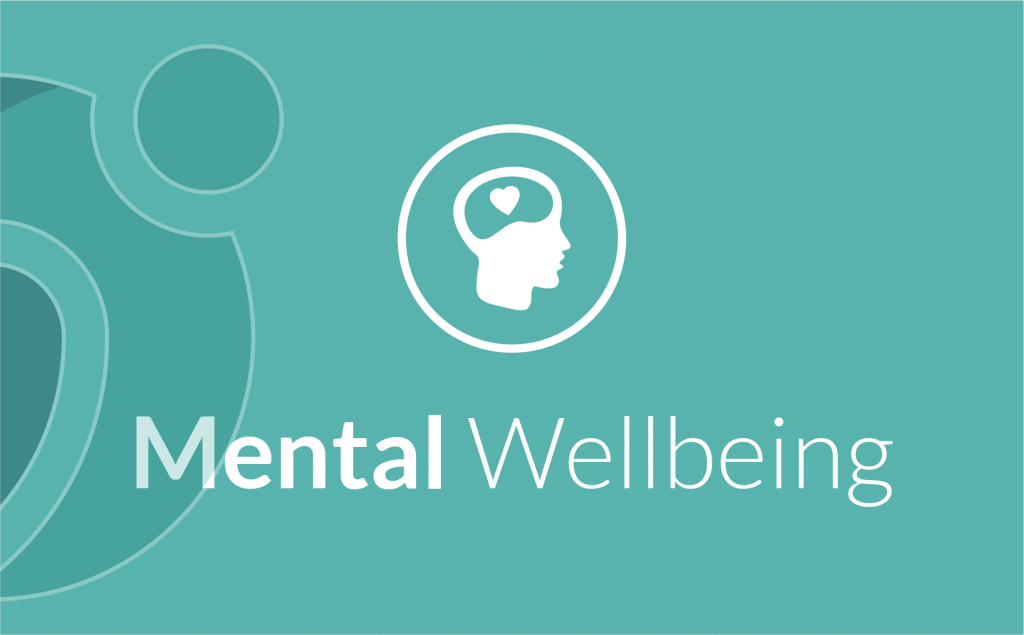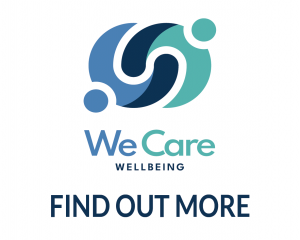Physical Wellbeing
Here you will find resources and information regarding physical wellbeing.

What is Physical Wellbeing?
Physical wellbeing can be defined as a state of physical health that is not just the absence of disease. Physical wellbeing includes lifestyle behaviour choices to ensure health, avoid preventable diseases and conditions, and live in a balanced state of body, mind, and spirit.
Springmount recognises the importance of physical wellbeing for all of our staff, especially those in roles here at Springmount that require a greater degree of physical exertion than traditional desk-based roles.
Springmount aims to support the physical wellbeing of our staff by providing educational material and services such as online workouts and nutritious recipes.
Check out the resources below to learn more about physical wellbeing and the services springmount offers as part of the We Care: Wellbeing program.
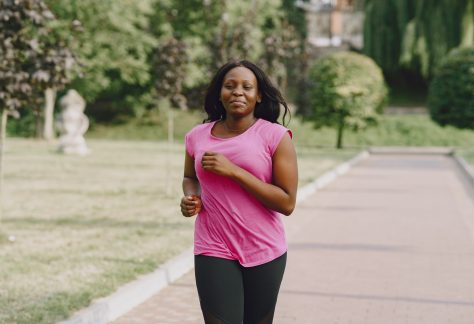
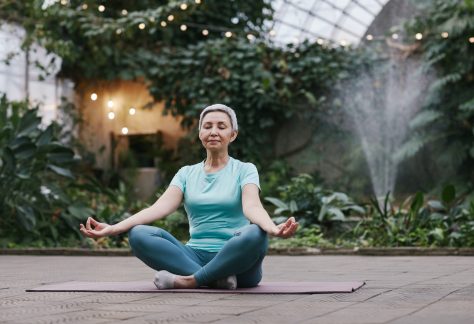
Getting Active
There are many different ways you can get active and exercise – such as working out at home or in a gym, playing sports, and taking a walk outside. Daily physical activity in any form has a range of physical and mental wellbeing benefits.
Exercise has been shown to improve your mood and decrease feelings of depression, anxiety, and stress. Exercise also increases the production of endorphins, which are known to help produce positive feelings and reduce the perception of pain.
Further benefits of exercise include:
- Physical activity helps you build muscles and strong bones. It may also help prevent osteoporosis.
- Engaging in regular physical activity can increase your energy levels. This is true even in people with persistent fatigue and those with serious health conditions.
- Daily physical activity is essential to maintaining a healthy weight and reducing the risk of chronic disease.
- Regular exercise improves blood flow to the brain and helps brain health and memory. Among older adults, it can help protect mental function.
- Regular physical activity, regardless of whether it is aerobic or a combination of aerobic and resistance training, can help you sleep better and feel more energized during the day.
It doesn’t take much movement to make a big difference in your health.
If you aim for 150 to 300 minutes of moderate-intensity aerobic activity each week or 75 minutes of vigorous physical activity spread throughout the week, you’ll meet the Department of Health and Human Services’ activity guidelines for adults .
Moderate-intensity aerobic activity is anything that gets your heart beating faster, like walking, cycling, or swimming. Activities like running or participating in a strenuous fitness class count for vigorous intensity.
Throw in at least 2 days of muscle-strengthening activities involving all major muscle groups (legs, hips, back abdomen, chest, shoulders, and arms), and you’ll exceed the recommendations.
You can use weights, resistance bands, or your bodyweight to perform muscle-strengthening exercises. These include squats, push-ups, shoulder press, chest, press, and planks.
Whether you practice a specific sport or follow the guideline of 150 minutes of activity per week, you can inevitably improve your health in many ways (DHAC – Adult Activity Guidelines).


Nutrition - Eating Well
Eating well plays a vital role in your overall health, and allows you to get the most out of each day. Nutrition is a highly individual topic, and it is important to ensure you are eating the foods that are suited to your needs and lifestyle. Good nutrition can look different for each of us, however, there are general guidelines informed by research that can help you to make the right choices for yourself.
Use this nutrition calculator to take a look and see how your eating habits compare to the recommended daily intakes.
The general recommendations for nutrition from the Australian Government website are as follows:
To stay healthy, you should drink plenty of water and eat a wide variety of nutritious foods from the 5 food groups every day. This includes:
- Vegetables and legumes or beans – at least 5 serves a day
- Grain (cereal) foods, mostly wholegrain and high-fibre varieties – 4 to 6 serves a day
- Fruit – 2 serves a day
- Lean meats and poultry, fish, eggs, tofu, nuts, seeds, and legumes or beans – 2.5 to 3 serves a day
- Dairy and alternatives – 2.5 to 4 serves a day.
These recommended serves are for adults. They vary for children or pregnant or breastfeeding women.
You don’t need to eat from each food group at every meal – just over the course of the day.
If you have specific concerns on nutrition, you should consult your GP.

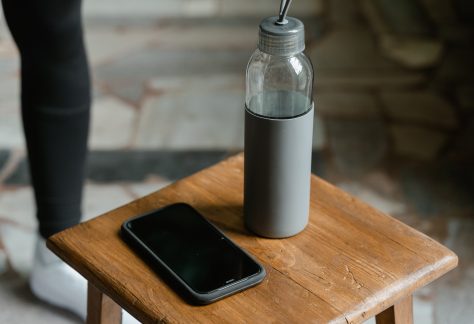
Hydrating - Water and Your Health
Drinking plenty of water every day is important for good health. Your body relies on water for many functions, such as:
- Making hormones and neurotransmitters
- Moistening eyes, nose and mouth
- Regulating body temperature
- Protecting organs and tissue
- Absorbing nutrients
- Flushing out waste products
- Preventing constipation
- Transporting oxygen to all parts of the body
- Lubricating joints to help you move
- Supporting cell growth and reproduction
Between 50% and 80% of the human body is made of water. We get about one fifth of the water we need from food and the rest from drinking fluids. Men need about 10 cups* of fluids every day, women need about 8 cups and kids need 4-8 cups depending on their sex and age.
It’s a good idea to choose water over other drinks that contain added sugars or alcohol.
View the water and your health infographic.


Smoking Cessation
As per, the Smoke-Free Workplace Policy – Springmount Services is committed to a safe and harmonious workplace. Under common law, we are responsible for taking all reasonable steps to provide a safe work environment for its employees. Therefore, it is the company’s policy to reduce the exposure of its team members to the hazards of tobacco smoke.
This policy is not about whether people smoke, but where they smoke.
However, at Springmount we recognise the negative impact smoking can have on an individual and their loved ones, and we are here to support you on your path to stop smoking.
You can access up to 3 hours of counselling on this topic (or any topic or area of concern) by contacting our EAP service at their website or by calling 0407 086 000.
Additionally, the Australian Government had collated a trove of resources to help individuals stop smoking. On their website you can find out more on; the health benefits of quitting smoking, what it is like to quit, methods of quitting and staying smoke-free.
If you are interested in more resources on this topic, please email wellbeing@springmountservices.com.au.


